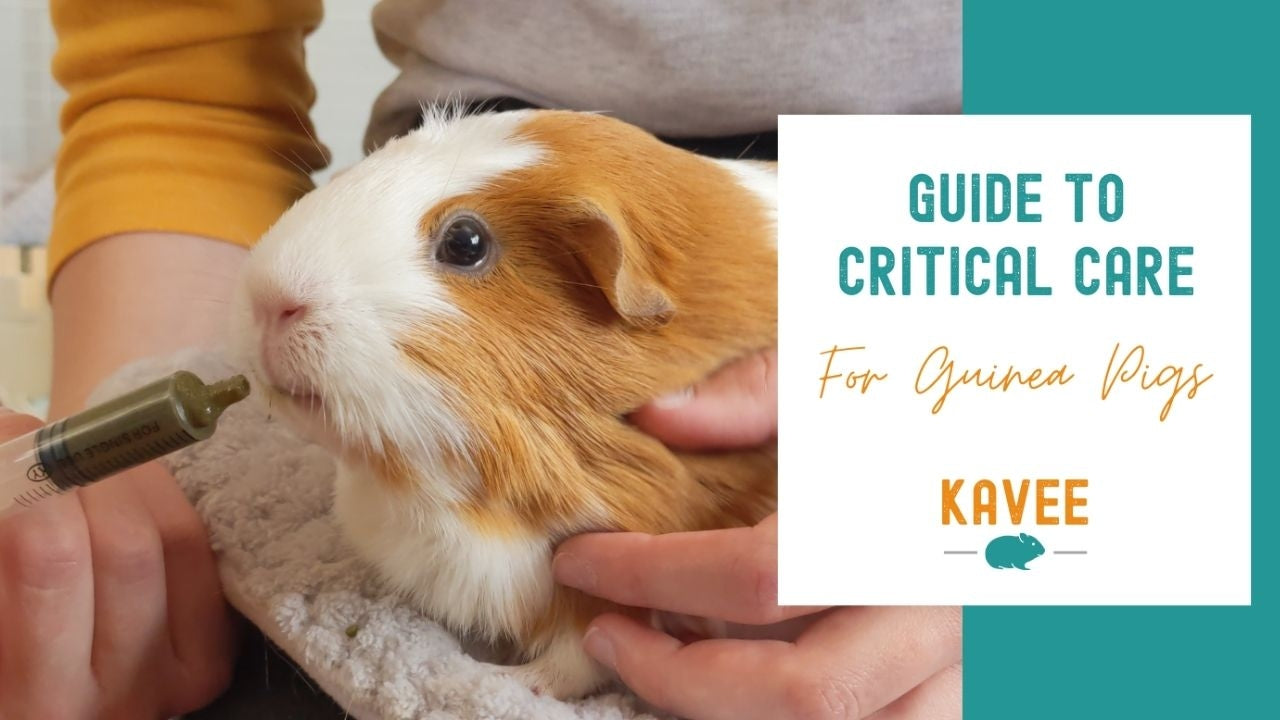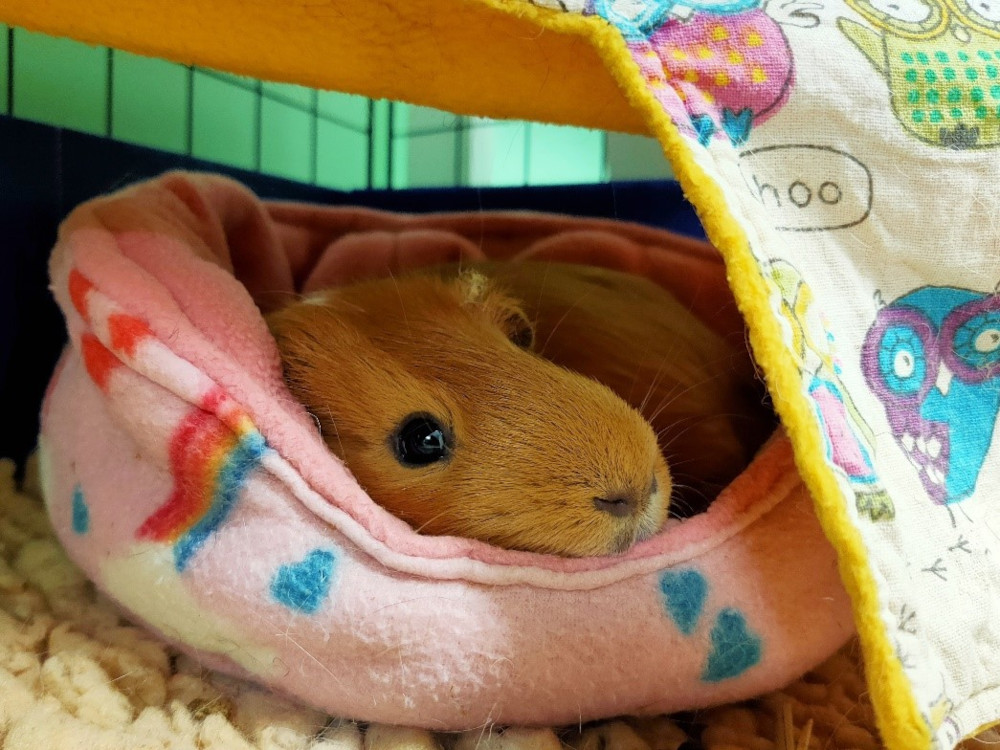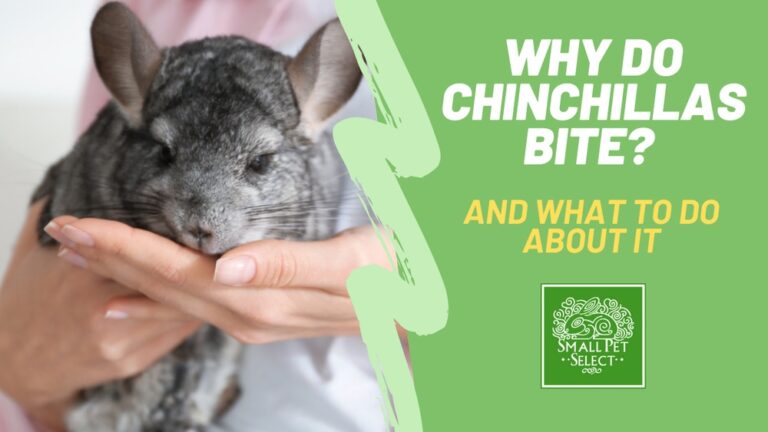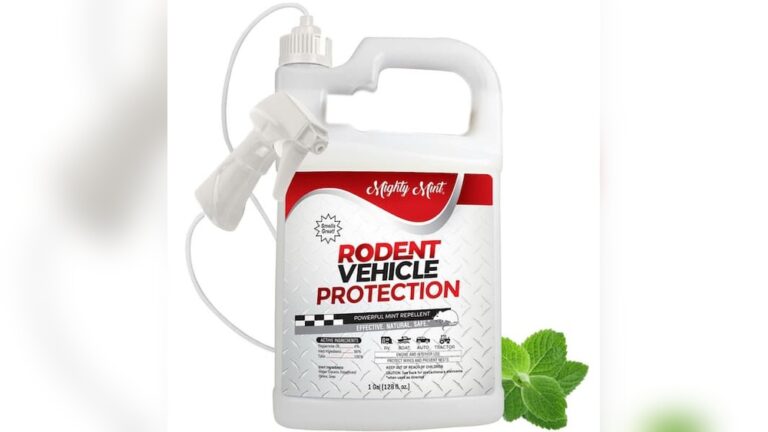How To Care For Sick Guinea Pigs: Essential Tips for Recovery
If your guinea pig is feeling unwell, you want to help them feel better as quickly as possible. Knowing how to care for sick guinea pigs can make all the difference in their recovery.
You might feel worried or unsure about what steps to take, but with the right guidance, you can provide the care your furry friend needs. You’ll discover simple and effective ways to spot signs of illness and offer comfort and treatment at home.
Keep reading to learn how to give your guinea pig the best chance to bounce back healthy and happy.

Credit: kavee.com
Recognizing Illness Signs
Recognizing illness signs early is key to helping sick guinea pigs. Guinea pigs hide pain well. Spotting small changes can save their life. Watch closely for any difference in behavior, appearance, or eating habits. These clues tell you when your pet needs care or a vet visit.
Behavioral Changes
Notice if your guinea pig acts restless or tired. Less movement or hiding more than usual can mean illness. Sudden aggression or unusual quietness also signals a problem. Guinea pigs usually enjoy attention; a change can be a red flag.
Physical Symptoms
Look for swollen eyes or runny nose. Coughing, sneezing, or labored breathing are signs of sickness. Fur loss or skin sores need prompt attention. Check for lumps or changes in posture. These physical signs show your guinea pig is unwell.
Appetite And Weight Loss
Track your guinea pig’s eating habits every day. A drop in appetite or refusal to eat is serious. Weight loss happens fast with illness. Use a small scale to monitor weight weekly. Early detection through appetite and weight helps recovery.

Credit: www.youtube.com
Creating A Comfortable Space
Creating a comfortable space is key to helping a sick guinea pig heal. A calm and cozy environment reduces stress. It helps your pet feel safe and rest better. Focus on making the area clean, quiet, and warm. Use soft bedding to keep your guinea pig comfortable.
Clean And Quiet Environment
Keep the guinea pig’s space clean to prevent infections. Change soiled bedding often. Remove uneaten food and waste daily. Avoid loud noises and sudden movements. A quiet area helps your pet relax and recover faster. Place the cage away from busy rooms and strong smells.
Proper Temperature Control
Maintain a steady temperature between 65°F and 75°F. Avoid cold drafts or direct sunlight. Too hot or too cold can harm your guinea pig. Use a small heater or fan if needed. Check the temperature regularly with a thermometer. A stable climate supports healing and comfort.
Soft Bedding Choices
Choose soft, absorbent bedding like paper-based or fleece. Avoid wood shavings that can irritate skin or lungs. Soft bedding cushions the body and keeps your pet warm. Change bedding often to keep it dry and fresh. Clean bedding helps prevent sores and infections.
Feeding And Hydration Tips
Feeding and hydration are very important for sick guinea pigs. Proper nutrition helps them heal faster. Fluids keep their bodies working well. They may eat less or drink less when sick. Careful attention to food and water can make a big difference.
Nutritious Food Options
Choose fresh vegetables that are easy to chew. Soft leafy greens like spinach or romaine lettuce work well. Small pieces of carrot or cucumber provide vitamins. Offer high-quality hay daily for fiber. Avoid sugary or processed treats that upset digestion. Make sure food is clean and fresh at all times.
Encouraging Fluid Intake
Provide fresh water in a clean bottle or bowl. Change water twice a day to keep it fresh. Some guinea pigs prefer water from a bowl over a bottle. Offer small amounts of diluted fruit juice for extra fluids. Use a syringe to give water if your pet is weak. Watch for signs of dehydration like dry gums or sunken eyes.
Using Supplements Safely
Vitamin C supplements help sick guinea pigs recover. Use only products made for guinea pigs. Follow the dosage instructions carefully. Avoid human vitamins or supplements with added sugars. Consult a vet before starting any new supplement. Too much can cause harm instead of help.
Administering Medication
Giving medicine to a sick guinea pig is very important. It helps them get better faster. You must be careful and gentle. Guinea pigs are small and fragile. Proper care during medicine time prevents stress and injury. This section explains how to give medicine safely and watch for problems.
Safe Dosage Practices
Always follow the vet’s instructions on medicine amounts. Too much can harm your guinea pig. Too little may not work. Use a small syringe or dropper to measure doses. Never guess the dose. Check the medicine label for details. Keep medicine out of your pet’s reach.
Methods Of Giving Medicine
Hold your guinea pig gently but firmly. Use one hand to steady the head. Use the other hand to give the medicine. Liquid medicine goes into the side of the mouth. Do it slowly to avoid choking. Pills can be hidden in a small piece of food. Never force medicine down the throat.
Monitoring Side Effects
Watch your guinea pig after giving medicine. Look for changes in behavior or eating habits. Signs of side effects include vomiting, diarrhea, or swelling. Stop giving medicine and call the vet if problems occur. Keep a daily log of medicine times and any changes. This helps the vet adjust treatment if needed.
When To Consult A Vet
Knowing when to consult a vet is crucial for your guinea pig’s health. Sick guinea pigs need prompt care. Delaying vet visits can worsen their condition. Watch your pet closely. Understand the signs that require professional help. Regular vet visits keep your pet healthy. Sometimes, you may need a specialist for complex problems. Below are key points to guide you on vet consultations.
Emergency Signs
Seek immediate vet care if your guinea pig shows these signs:
- Difficulty breathing or wheezing
- Severe lethargy or weakness
- Refusing to eat or drink for over 24 hours
- Swelling or bleeding anywhere on the body
- Sudden changes in behavior or seizures
These symptoms can indicate serious illness. Early treatment improves recovery chances.
Regular Health Checkups
Schedule vet visits every 6 to 12 months. Vets check weight, teeth, and coat condition. They spot early signs of illness. Routine checks prevent many health problems. Keep a health record for your guinea pig. Share any changes you notice with the vet. This helps in early diagnosis and care.
Specialist Referrals
Some illnesses need expert care. Your vet may refer you to a specialist. Specialists have advanced tools and knowledge. They treat complex issues like dental or skin problems. Follow the vet’s advice for specialist visits. This ensures your guinea pig gets the best treatment.
Preventing Future Illness
Preventing future illness in guinea pigs is key to keeping them happy and healthy. Taking simple steps can reduce the risk of sickness. Consistent care helps your pet live a longer life.
Hygiene Maintenance
Clean living spaces stop germs and bacteria from spreading. Change bedding often and remove waste daily. Wash food and water containers regularly. Keep your guinea pig’s fur clean with gentle brushing. This helps prevent skin infections and parasites.
Balanced Diet
Good nutrition strengthens your guinea pig’s immune system. Provide fresh hay every day. Add fresh vegetables like carrots, bell peppers, and leafy greens. Avoid sugary or fatty treats. Always supply clean, fresh water. A healthy diet supports their overall well-being.
Stress Reduction Techniques
Stress weakens your guinea pig’s defenses against illness. Create a calm and quiet environment. Limit loud noises and sudden movements. Give your pet time to rest and feel safe. Spend gentle time with your guinea pig for comfort. Reducing stress keeps them healthier and happier.

Credit: kb.rspca.org.au
How Smart Pets Lover Can Help You with How To Care For Sick Guinea Pigs
Turning Care Into Learning Moments
When caring for a sick guinea pig, every step—from recognizing illness signs to ensuring proper feeding and hydration—offers a valuable opportunity to deepen your understanding of these gentle pets. Observing subtle changes in behavior sharpens your ability to spot future health issues early, while creating a comfortable space teaches you how environmental factors impact well-being.
Administering medication may feel daunting at first, but it’s also a chance to build trust and patience between you and your furry friend. At Smart Pets Lover, we believe that every challenge faced in pet care strengthens the bond you share, making you a more confident and empathetic pet parent.
For additional guidance or concerns, connecting with a trusted vet or local animal care group can provide reassurance and expert insights. Remember, nurturing your guinea pig through illness not only aids recovery but also enriches your journey as a responsible and loving caregiver.
Frequently Asked Questions
How Can I Tell If My Guinea Pig Is Sick?
Look for signs like lethargy, loss of appetite, sneezing, or unusual behavior. Early detection helps in timely care and recovery.
What Should I Feed A Sick Guinea Pig?
Offer fresh vegetables, fruits, and hay. Avoid sugary or hard foods. Hydration is essential, so provide clean water daily.
When Should I Visit A Vet For My Guinea Pig?
If symptoms persist for more than 24 hours or worsen, consult a vet immediately. Prompt professional care prevents serious health issues.
How Do I Keep A Sick Guinea Pig Comfortable?
Provide a warm, quiet, and clean environment. Minimize stress and handle gently to aid healing and reduce discomfort.
Conclusion
Caring for sick guinea pigs takes patience and careful attention. Watch their behavior and eating habits closely. Keep their living space clean and quiet. Provide fresh water and nutritious food every day. Visit the vet if symptoms worsen or last long.
Early care helps them heal faster. Your gentle care makes a big difference. Stay calm and keep learning about their needs. Healthy guinea pigs bring joy and comfort. Small steps lead to strong, happy pets.





